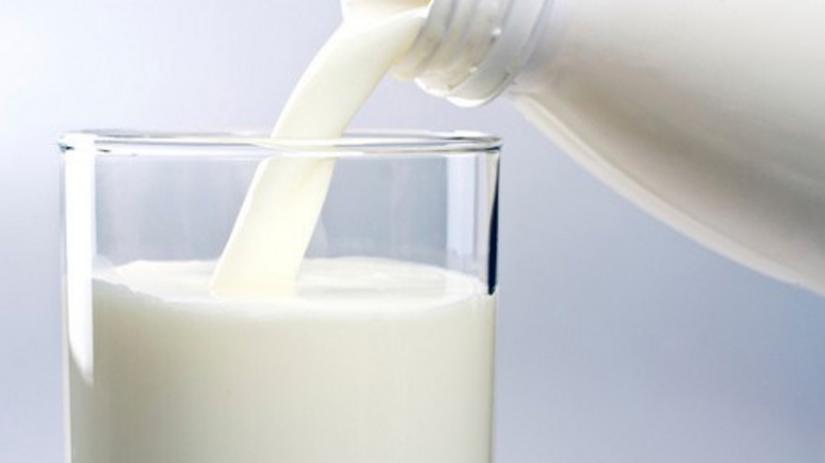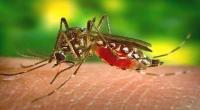 Three research laboratories out of four have submitted their reports on pasteurised milk brands registered with Bangladesh Standards and Testing Institution (BSTI) to the High Court (HC).
Three research laboratories out of four have submitted their reports on pasteurised milk brands registered with Bangladesh Standards and Testing Institution (BSTI) to the High Court (HC).
The International Centre for Diarrhoeal Disease Research, Bangladesh (ICDDRB), Feed and Food Safety Laboratory under Bangladesh Livestock Research Institute, and Bangladesh Council of Scientific and Industrial Research (BCSIR) submitted the reports to the bench of justices Syed Refaat Ahmed and Md Iqbal Kabir on Tuesday (Jul 23).
The Institute of Public Health’s National Food Safety Laboratory (NFSL), however, is yet to submit its report.
On Jul 14, the HC directed BSTI to test milk samples for antibiotics, detergents and other harmful bacteria and chemicals in the four laboratories across the country and submit the reports by Jul 23.
Previously, an ICDDRB research had found 75 percent of the milk brands in the market to contain harmful chemicals.
Afterwards, a group of researchers at Dhaka University’s Biomedical Research Centre found antibiotics, detergent, coliform bacteria and other forms of hazardous materials in pasteurized milk products.
In a report submitted to the High Court on Jul 16, Bangladesh Food Safety Authority (BFSA) said that they found traces of lead, cadmium, and other hazardous substance in 11 out of the 14 pasteurized milk brands approved by BSTI.
On Feb 11, a National Food Safety Laboratory (NFSL) survey report submitted to the HC, found high levels of contaminants in milk and dairy products.
The survey results had prompted the HC to order the authorities concerned to form a committee and find out how much contaminated milk, dairy products and cow fodders are supplied and sold across Bangladesh. It also wanted those responsible identified.
BFSA formed a 16-member committee on Feb 17, but it did not identify those responsible for the adulteration in its report.
The NFSL report said that molecular analysis found Total Plate Counts (TPC) and Coliform Counts (CC) above permissible limits in 93 out of 96 samples of raw milk, and salmonella in one sample.
Chemical analysis also found, above permissible limits, pesticides in nine samples, lead in five, aflatoxin in three, tetracycline in 10 and ciprofloxacin in one.
Tetracycline is a broad-spectrum antibiotic often used on animals, while aflatoxins are poisonous carcinogens that are produced by certain molds which grow in soil, decaying vegetation, hay, and grains.
NFSL had also tested packaged milk samples — 21 local and 10 imported.
Of the local samples, molecular analysis found TPC and CC above permissible limits in 17 and molds in 14, while CC was above permissible limits in one sample of imported milk.
A day after the NFSL report was published, on Feb 11, the High Court, in a suo moto rule ordered the authorities, including the Anti-Corruption Commission, to identify the responsible companies.
The secretaries of food, agriculture, fisheries and livestock, and health ministries and the Cabinet Division, all members of BFSA, members of CFSMCC, and chairman of BSTI were made respondents to the rule.
Besides, the court had issued a ruling seeking an explanation as to why the inaction and failure of the respondents to stop the adulteration of cow milk and dairy products should not be declared illegal, and why those responsible for the adulteration should not be brought to book.


